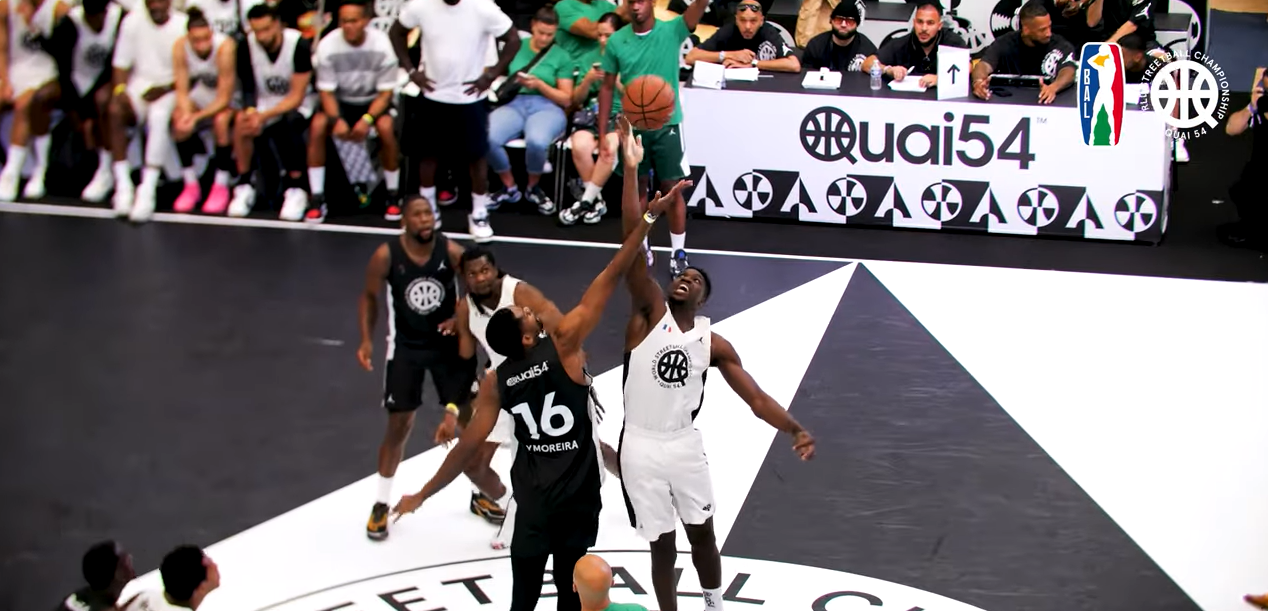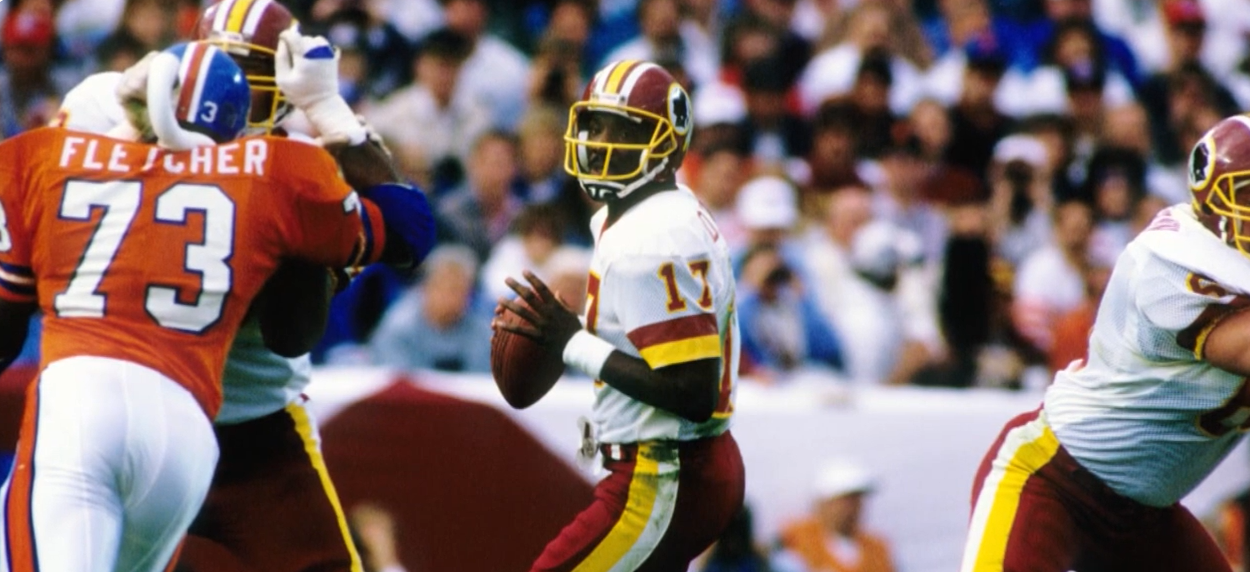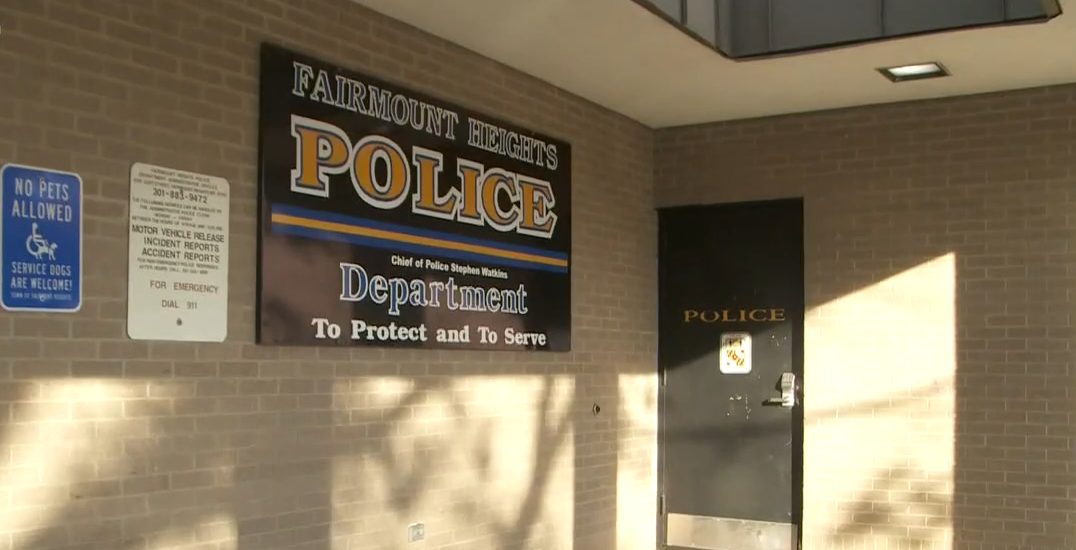Ray Rice
[Comment]
Vince Lombardi once said: “Having the capacity to lead is not enough. The leader must be willing to use it.”
The NFL generates billions of dollars a year, enjoys the loyalty of millions of girls and boys, women and men across the globe and is an unquestioned leader when it comes to marketing and promotion.
That is why its response to Ray Rice’s assault of Janay Palmer is so unsettling. The NFL was not prepared to lead.
The NFL’s position is that Ray Rice’s suspension is consistent with the League’s personal conduct policy. In fairness, the NFL is not a court of law or a domestic violence prevention advocacy group. But, even so, a league that considers itself part of the fabric of America, debates which team is America’s Team, and styles its telecasts “Football Night in America,” surely has the capacity to go beyond a broad personal conduct policy to demonstrate zero tolerance for domestic violence.
The core issue is not the fairness of the suspension, it is whether the NFL has the will to use its power and position to lead millions of Americans, legions of advertisers and hundreds of captivated media outlets towards a solution to an issue that touches the lives of millions of girls, boys, women and men in this country every year.
Ray Rice’s actions presented the NFL with an opportunity to show leadership regarding responding to domestic violence. Imagine the impact on sports culture specifically and society as a whole, if the NFL imposed specific player consequences on Ray Rice that were written in collaboration with domestic violence prevention and intervention experts and included in the collective bargaining agreement.
Imagine the impact if the Baltimore Ravens paid for counseling and other services for Janay Palmer, ordered Ray Rice to complete a certified batterer intervention program before he was allowed to practice or play this season, and the team earmarked proceeds from the first home game to be donated to local domestic violence prevention and intervention efforts.
Instead, the NFL appeared to be caught off guard in addressing Ray Rice’s actions, as it seemingly tried to balance precedent and appearance, after the fact, in a way that fell short of leading.
So where do we go from here? NFL leaders should ask themselves what they want to say about the value of women’s lives. What do people who work for the NFL want to say about the lives of their daughters, sisters, mothers and wives that they know and love, as well as girls and women across this country?
What message does the NFL want to send to boys and men across this county about how they should treat girls and women?
I believe that the NFL, an organization that has led on other fronts, can demonstrate that it is a leader on addressing domestic violence as well. With that in mind, the following are some thoughts regarding additional steps the NFL can take to demonstrate that it is a leader in the struggle to end domestic violence.
• Work with the NFLPA and domestic violence prevention and intervention experts to develop a standard protocol and consequences to include in the collective bargaining agreement that demonstrates zero tolerance for domestic violence.
• Implement a policy that mandates that every time a team’s player commits an act of domestic violence, the team is required to pay for counseling and other services for the victim, mandate that the player complete a certified batterer intervention program and donate a percentage of the next home game’s gate proceeds to local domestic violence prevention and intervention efforts.
• Dedicate a portion of funds from one game a year to local and national organizations that address domestic violence.
• Designate a NFL domestic violence awareness day during Domestic Violence Awareness Month (October) to bring attention to the issue.
• Use NFL television and radio air time to promote zero tolerance for domestic violence.
• Increase domestic violence awareness and prevention education offerings through the NFL life-skills classes and the rookie conduct management program.
Although the NFL missed an opportunity here, implementing these suggestions or others will go a long way in repositioning the NFL at the forefront of domestic violence prevention and intervention.
It is undisputed that the NFL has the capacity to lead. The question is will the NFL use it?
The author: Since receiving her bachelor of arts degree from DePaul University in 1995 and her juris doctor degree, cum laude, from Suffolk University Law School in 2002, Rhonda M. Ware has distinguished herself as a community leader and spokesperson on many fronts. She has advocated for victims of violent crime, promoted domestic violence prevention and intervention initiatives, participated in programs that encourage civic engagement, and served on the boards of directors of organizations that promote education, empowerment, and equity. Ware’s accomplishments have been recognized by being selected as one of the Milwaukee Business Journal’s Forty Under 40 in 2009 and one of DePaul University’s 14 Alumni Under 40 in 2010. Ware currently serves as the Executive Director of the Alverno College Research Center for Women and Girls.












